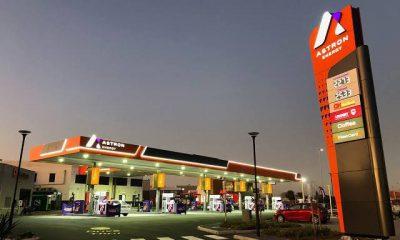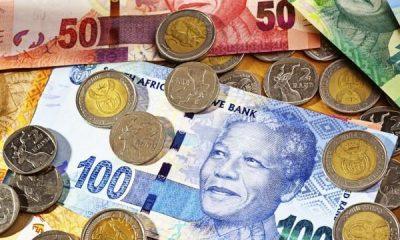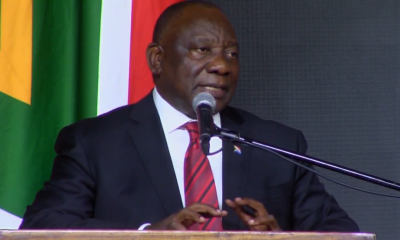Business
VAT Hike in South Africa: Why It’s Worse Than You Think

A 0.5 percentage point increase in South Africa’s VAT may sound like a modest bump, but new economic modelling shows it’s set to do far more harm than good — potentially wiping out jobs, hurting industries, and leaving households even more stretched than they already are.
VAT: A Short-Term Gain with Long-Term Pain
While higher VAT is expected to bring in an extra R30 billion in government revenue, the National Agricultural Marketing Council (NAMC) warns that the net gain will be closer to R20 billion once the economic fallout is considered.
This shortfall comes from the tax’s regressive impact on lower-income households, who are hit hardest when the price of basic goods and services increases. As these consumers cut back on spending, the ripple effect slows down the entire economy — reducing household demand, investment, and ultimately GDP.
According to the NAMC’s modelling, the VAT hike to 16% planned for 2026 could:
-
Shrink real GDP by 0.21 percentage points
-
Reduce household spending by 0.22 percentage points
-
Contribute to lower collections of personal and corporate income taxes
So instead of boosting revenue, the hike threatens to contract the economy, hurting both citizens and the state in the process.
Industries at Risk: Retail, Real Estate, Vehicles
Some of the hardest-hit sectors will include:
-
Retail and consumer goods
-
Electronics and household luxury items
-
Real estate transactions subject to VAT
-
Vehicle sales
These sectors rely heavily on consumer spending and are highly sensitive to price changes. As VAT pushes costs up, demand goes down — placing jobs and investments at risk.
The ‘Sin Tax’ Trade-Off Isn’t Worth It Either
The story’s no better when it comes to excise duties — especially the increase of 6.83% on alcoholic beverages and hikes on tobacco.
While these taxes are designed to raise money and encourage healthier choices, the NAMC says the economic damage outweighs the benefits.
Here’s why:
-
The expected R1 billion gain from higher alcohol taxes could lead to a R0.25 billion loss in other tax revenue due to declining consumer spending.
-
GDP could drop by another 0.01 percentage points due to reduced household consumption.
-
Output in the beverage industry may fall over 0.3%, with sales of wine and brandy down by 1.5%.
-
This could put R150 million in wage earnings at risk and result in job losses across agriculture and retail.
A Blow to a Key Economic Contributor
The domestic alcoholic beverage industry plays a major role in South Africa’s economy. In 2022, it:
-
Contributed R226.3 billion to GDP
-
Generated R96.9 billion in tax revenue
-
Employed approximately 500,000 people
The NAMC says that while the macroeconomic effects of sin tax increases may appear minor on paper, they could be devastating for an industry that supports so many livelihoods.
Time to Rethink the Tax Strategy
South Africa’s VAT hike may plug short-term holes in the budget, but at a cost the economy can’t afford. With GDP slowing, industries under pressure, and jobs at risk, experts are urging policymakers to take a more nuanced, long-term approach to revenue generation — one that doesn’t trade growth for a fleeting cash injection.
{Source: BusinessTech}
Follow Joburg ETC on Facebook, Twitter , TikTok and Instagram
For more News in Johannesburg, visit joburgetc.com



























